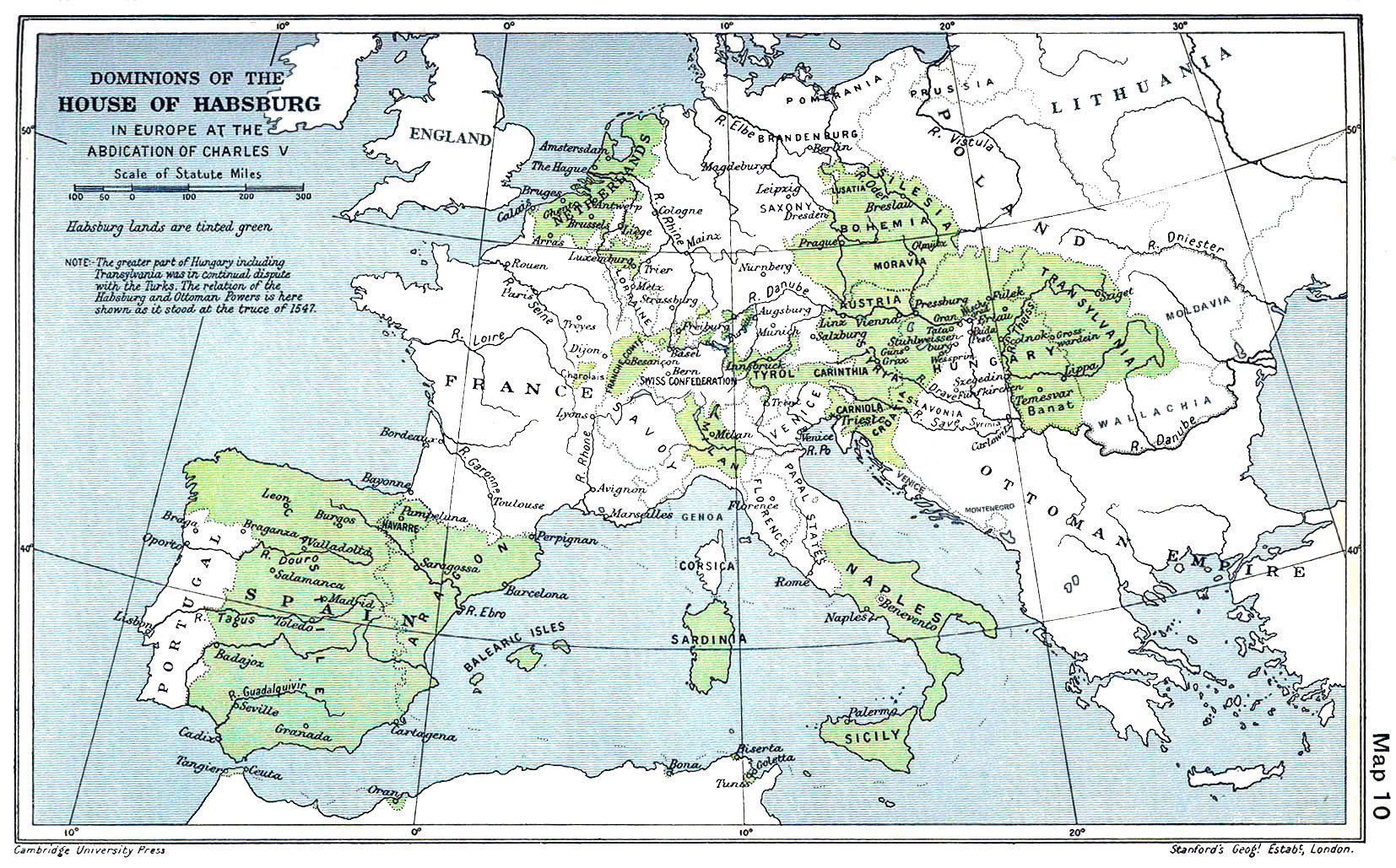Thanks, I enjoyed the trailer. Do you deny England thought they were taking on a tiger at the time ?
Put their mind to it? Some enterprising merchantmen? You make it sound like the Spanish could have swept away the Spanish Netherlands with ease but chose not to because they simply didn't "put their mind to it".
Then maybe you should forget how it sounds to you, and read what I wrote, and what actually happened, and how the other powers of Europe looked at Spain at the time. You compared England to the rebels in Star Wars; I said the comparison is more appropriate to the Dutch. How does that make it an easy conquest for Spain ?
Yeah, true, the Dutch lost when pitted head on with the Spanish on the field, but the Dutch Revolt was more than battles on a field, it was also a guerrilla war, an attrition war and a naval war. To measure it by the number of cities they held is not detailed enough. Deventer, Leiden, Reimerswaal, Rijmenam, Turnhout, Alkmaar, Groenlo, Nieuwpoort, Sluis and Gibraltar were all great Dutch Victories, A number of them, land battles with grand armies and city sieges. Although the strength of the Spanish Tercio was a force to be reckon with, the myth of them being "unbeatable" till Rocroi is farce.
That myth was very real at the time, and unfarcical. You are implying this is a modern day fallacy, when actually (according to you) it was a contemporary fallacy. The list of fortified moated cities the Spanish took from the Dutch is far longer; including some that had held out earlier like Groenlo, Mechelen, Zutphen and Breda to name a few. Do you think 80 years is a long time for them to secure their independence, only after Spain faced a coalition of every other major power on the continent ? There is barely one decisive victory over the Spanish Tercios for almost a century before Rocroi. Nieuwpoort was the first serious check the Dutch gave them in battle, far from decisive, and it didn't save
Ostend, the biggest and most disastrous siege of the war. Nor could Maurice of Nassau save Breda again, in 1624. The Dutch survived and prevailed which is remarkable, but not because 'the Spanish were grossly overrated'. Don't forget; it took Mansfeld, Brunswick, Gustavus Adolphus, Torstenson, Conde and Turenne a long bitter war to finally check Spanish-Hapsburg power.
I was going to say 'no comment' - but sure Poland had its glory days.
debatable. France, despite constantly losing to Spain in the Italian Wars, was more than able to project her influence onto German Protestant states, Scotland, parts of Italy, the Dutch Rebels and most importantly, her long-standing alliance with the Ottomans.
Yeah ok 'influence' sounds pretty tenuous - how does that compare to this (in 1547); and it doesn't include the New World

The Ottomans were hardly "getting their arses kicked" in the 16th century. 2 years after the so called 'decisive' Lepanto, 350 new Ottoman ships captured Cyprus under the noses of the Venetians, Spanish and their allies. The year after that, the Ottomans kicked Spain out of Tunisia. 9 years after Lepanto, they pushed Portugal out of Morocco. In 1604, the Hasburg accepted defeat to the Ottomans in the Long War and ceded Hungary. In 1664, where after two battles, one in victory and one in defeat against Austria, Austria paid tribute to the Ottomans. Even as late as as 1711, the Ottomans repulsed a Russian invasion. I call that a pretty spectacular record of bad-assery on the part of the Ottomans.
I'm afraid I have to correct you here, the fall of Nicosia and resultant massacre happened before Lepanto, which event it triggered. Famagusta also fell two months before Lepanto. Spain raided Tunis which was a stronghold of the Barbary corsairs and held it for a short while before Lepanto, its not like they were defending home turf. I'm talking about overall trends here. I said the Hapsburg-Spanish empire was equivalent to the Ottomans in power, who began to get the worst of it. Lets not get in to who was the most badass empire, it inevitably leads to some offensive misinterpretation that this whole debate is about our personal favourites or prejudices, which for me is neither in this case.
So what are you trying to say ?
I could provide a longer list of Spanish victories in Europe. Did the ottomans have a great empire - granted they did. I don't have as long a list of URLs of Hapsburg-Spanish succeses vs. the Ottomans before the Siege of Vienna. But you can start with these:
Ottoman-Portuguese conflict 1538-1557 not really Spanish yet, but since we are talking about power projection
Rhodes technically an ottoman victory, but...
Siege of Malta
Lepanto
Saint Gotthard
EDIT: and most definitely, don't neglect this overlooked little piece of history 1645-1669
Venetian-Ottoman War
And this doesn't include the two victories of Poland at Khotyn in 1621 and 1673. By the way, any past reference to Sobieski I may have made, is only to respect a good soldier, not that he was the 'saviour of western Christendom'.



